"Propose a decisive policy change"
The move, a departure from decades of North Korean policy, would likely hand over responsibility for relations with South Korea to the North's foreign ministry and, according to some analysts, could justify the use of nuclear weapons against Seoul in the future.
Since the 1950-1953 war ended in a stalemate, both countries have adopted a number of different policies in their relations compared to other countries.
These policies include using a number of special ministries and agencies to coordinate relations between the two countries instead of through the foreign ministry, and adopting a number of policies aimed at future peaceful unification, often with the goal of one state, two systems.
But in a speech at his year-end meeting last week, North Korean leader Kim Jong Un insisted that peaceful unification was impossible, and said the North Korean government would “make a decisive policy change” in its relations with the “hostile country.” He also ordered the North Korean military to be ready to take down and occupy South Korea in the event of a crisis.
The changes would help North Korea rationalize its use of nuclear weapons against South Korea, said Hong Min, a senior researcher at the Institute for National Unification in Seoul.
“If they give up on peaceful unification and redefine South Korea as a hostile state with no diplomatic relations, the contradiction in using nuclear weapons against their own people will disappear,” Mr. Hong said.
Expressing the actual situation
Some observers say North Korea's statement reflects the reality of two countries with great divisions and differences over many years.
“North Korea has been signaling for years that it will fundamentally change its policy toward South Korea, and the party congress in December 2023 not only confirmed but formalized this,” said Rachel Minyoung Lee, a researcher at the Stimson Center in the United States.
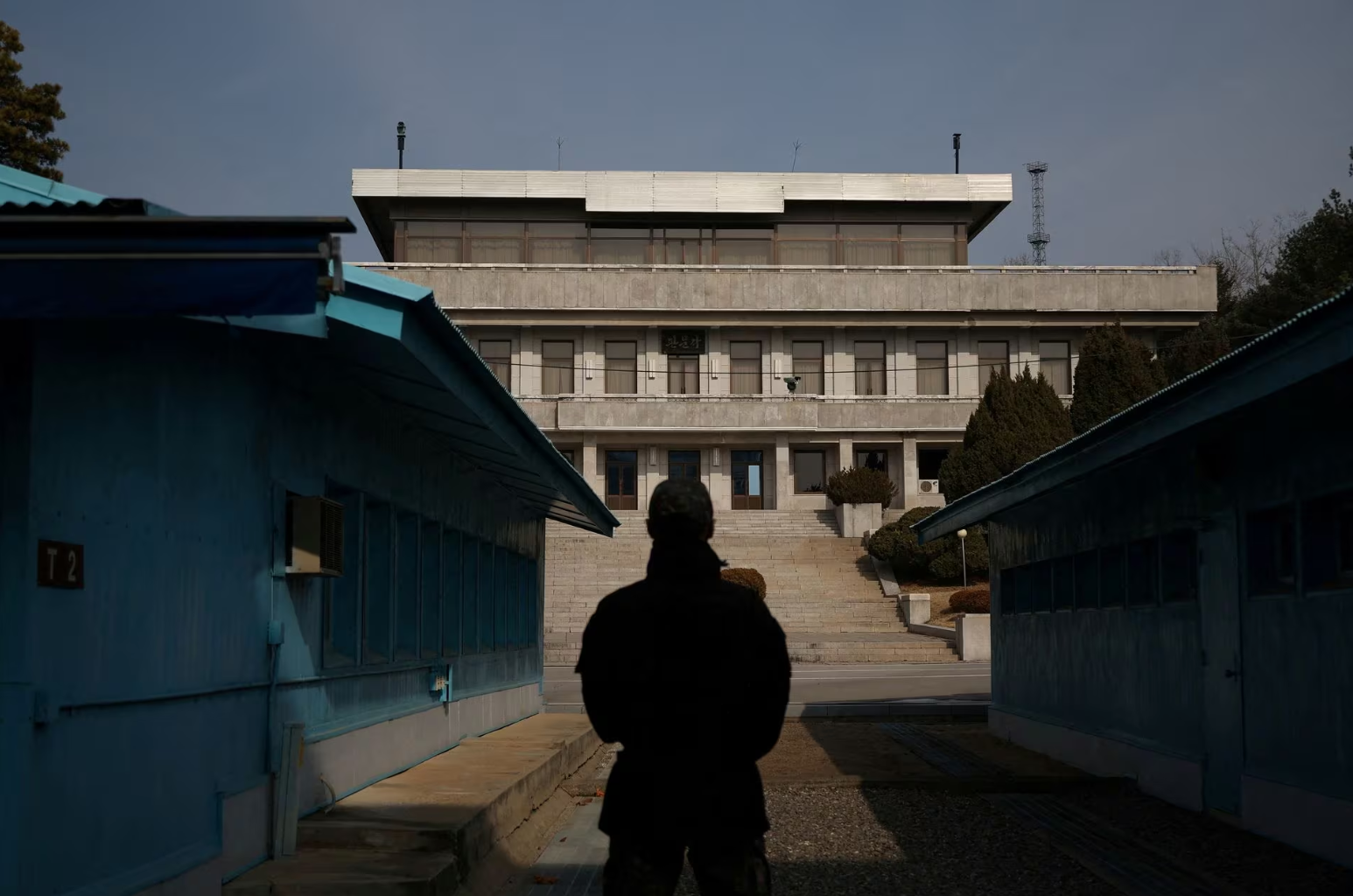
Photo: REUTERS/Kim Hong-Ji/File photo.
The extent of the organizational changes remains unclear, and some analysts say that because North Korea's views are more reflective of the state of relations between the two countries, it is unlikely that the already hostile relationship will see a major change.
Past periods of high tension such as in 2016 and 2017 have also often led to periods of detente and improved diplomacy, including summits in 2018 and 2019 between Kim Jong Un and the presidents of the United States and South Korea.
“North Korea said in its party congress results report that it will not consider us as a counterweight in the process of reconciliation and unification, but in fact this has never been a goal they have pursued,” an official from South Korea’s unification ministry said in a statement on Wednesday.
Minister of Foreign Affairs
The United Front Department of the Workers' Party of Korea served as the agency that coordinated relations with South Korea, including intelligence gathering and propaganda efforts.
Even if dialogue between the two countries continues in the future, the announcement likely means that Foreign Minister Choe Son Hui, a seasoned North Korean diplomat, will be the one overseeing relations with South Korea, said Michael Madden, an expert on North Korea's leadership at the Stimson Center.
“I was able to identify her role as a key adviser on policy around unification and Korea during Kim’s visit to the inter-Korean resort of Mount Kumgang in 2019. Her presence at such an event was not unprecedented, but it was unusual and foreshadowed her influence on Korea policy.”
The fact that Choe, a longtime diplomat with little previous involvement in inter-Korean relations, has taken the lead in “dismantling and reforming” South Korea-related agencies, as reported by North Korean state media on Monday, suggests the North’s foreign ministry may be merging them, said Yang Moo-jin, president of the University of North Korean Studies in Seoul.
“The United Front Department and the Committee for the Peaceful Reunification of the Fatherland, two organizations that have been coordinating inter-Korean relations, may be completely disbanded or at least have their roles significantly reduced,” Yang Moo-jin said.
He said North Korea could also cut ties with South Korea entirely and only talk to the United States.
Although North Korean foreign ministry officials have sometimes advised on inter-Korean issues, no official under Kim Jong Un has ever worked in both the United Front Department and the foreign ministry, Mr. Madden said.
He said that whatever changes were proposed, key United Front intelligence officials were unlikely to be removed and the agency would likely continue to have control over some propaganda operations.
Nguyen Quang Minh (according to Reuters)
Source


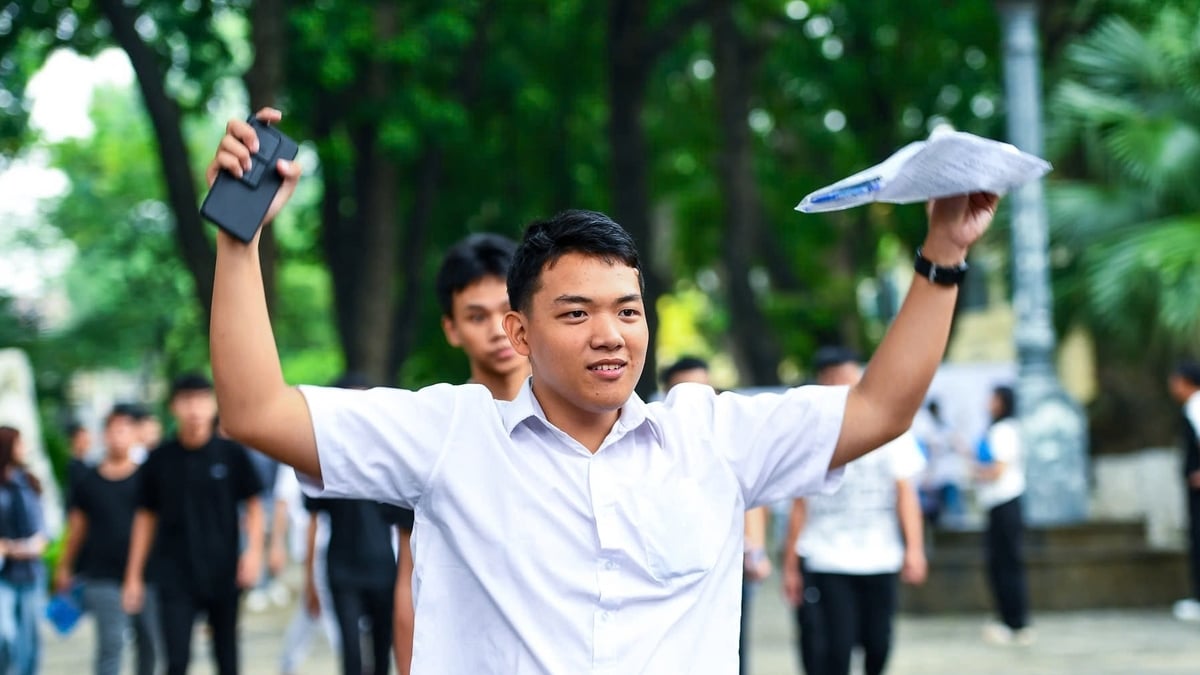
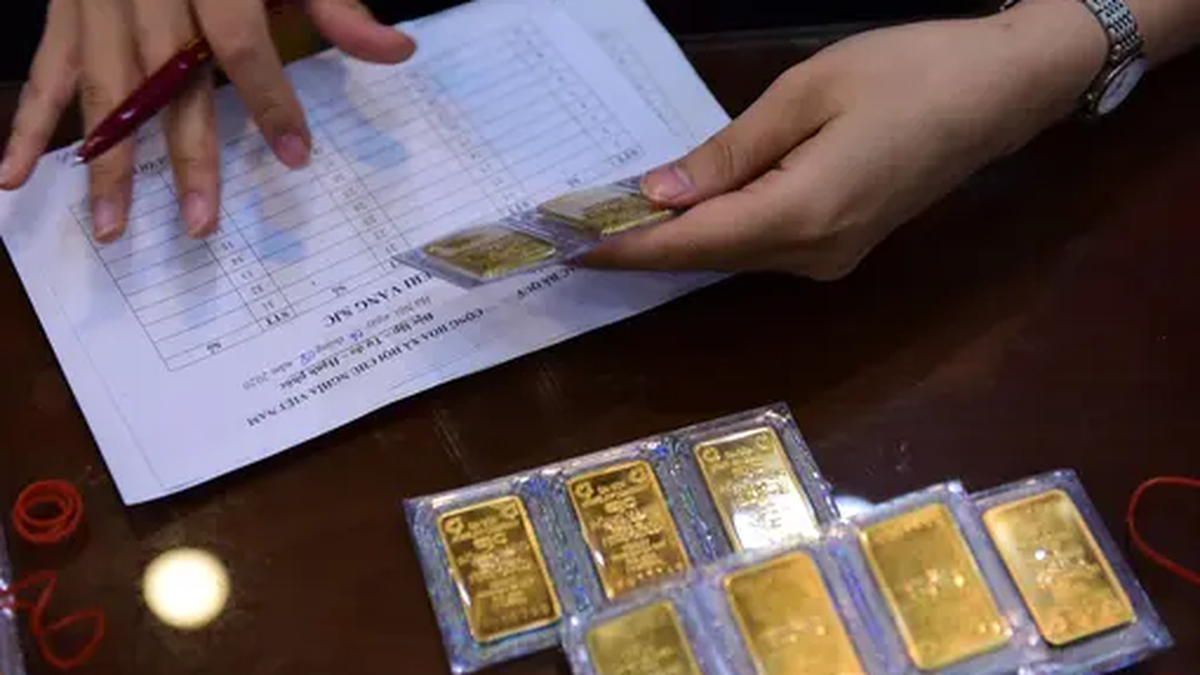
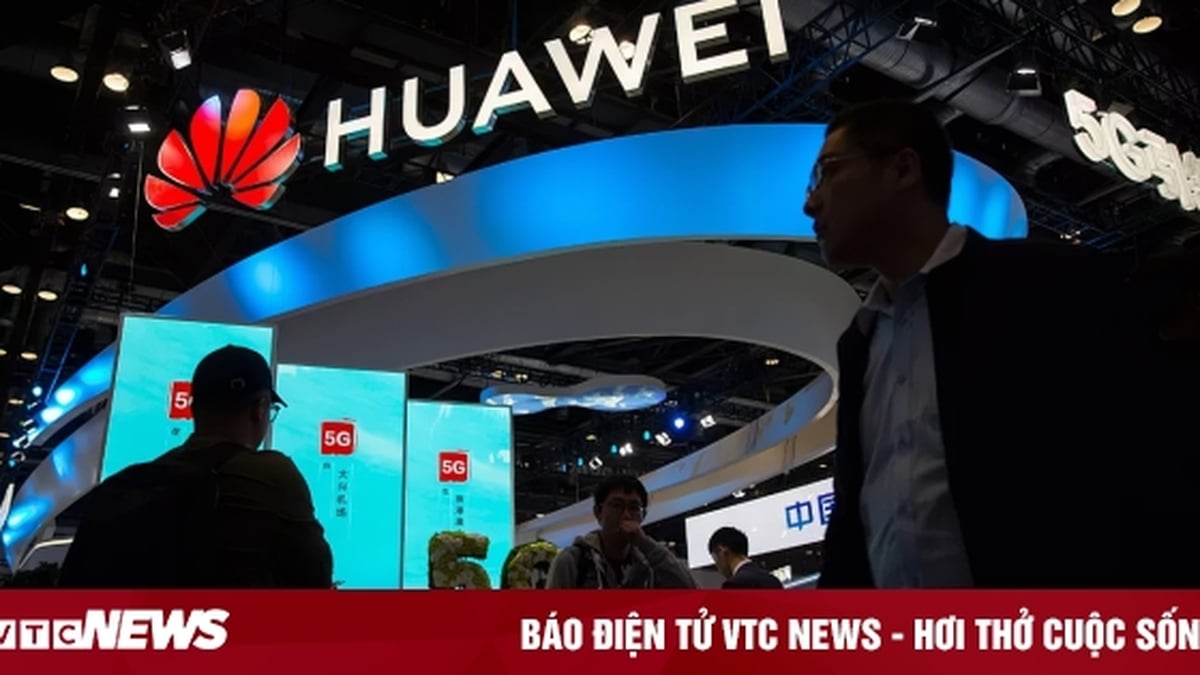



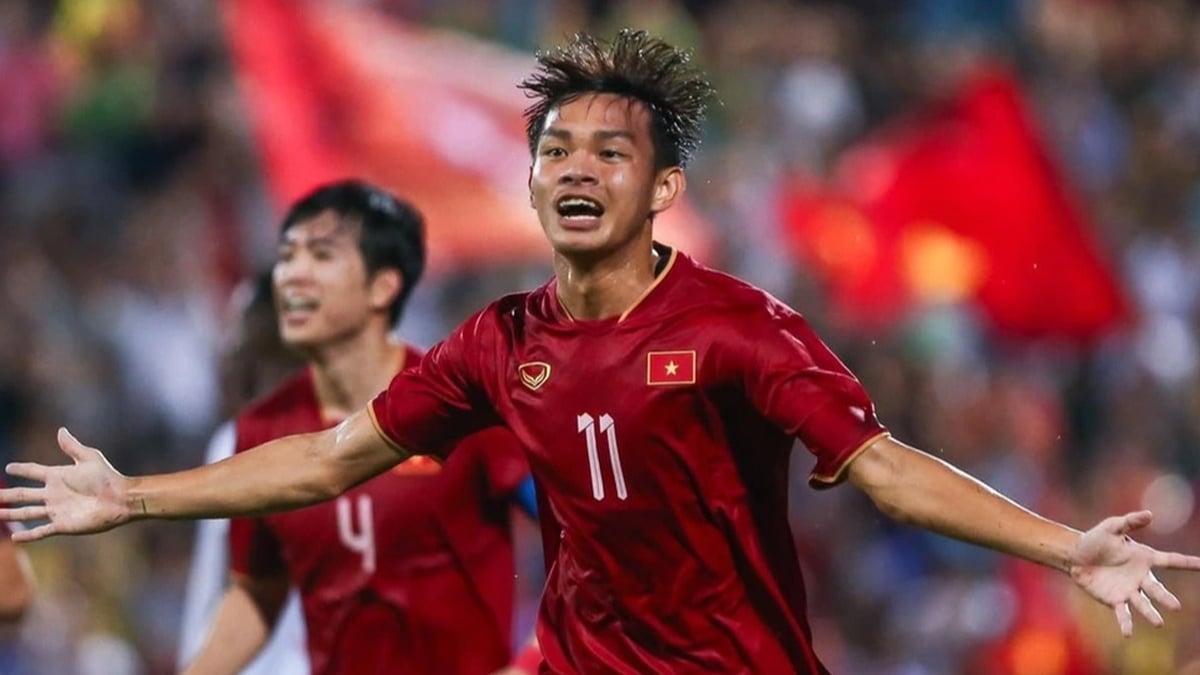






































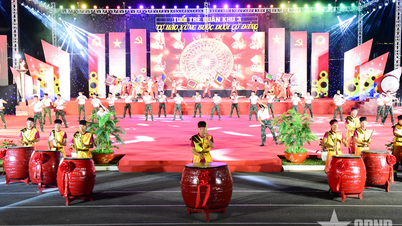







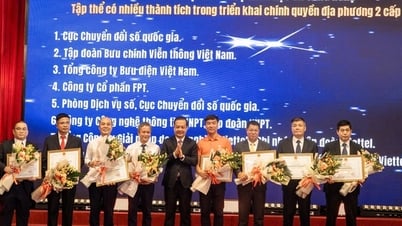


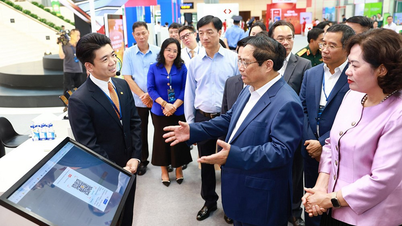

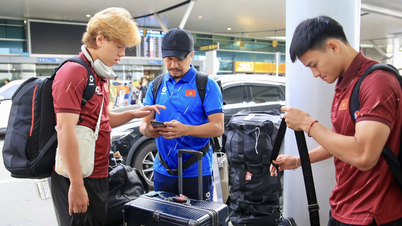



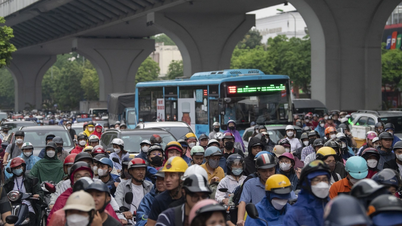
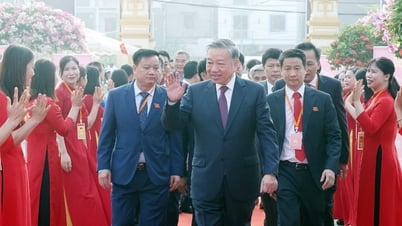

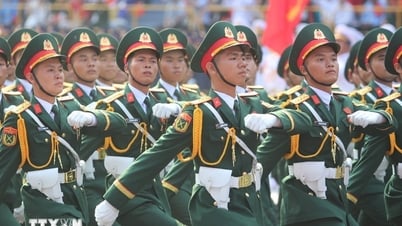



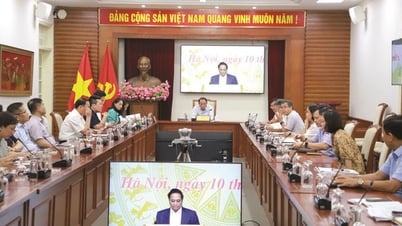
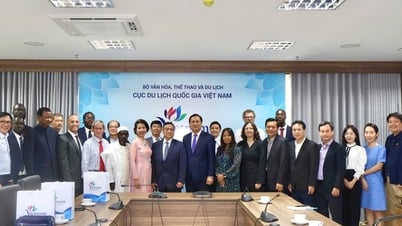
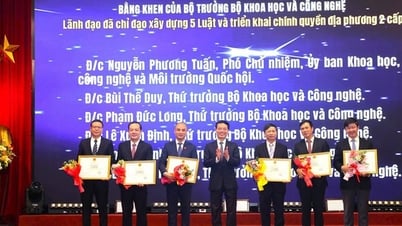

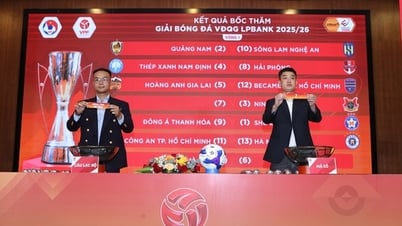

























Comment (0)